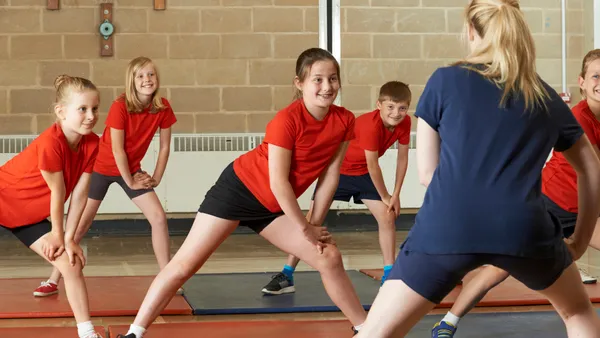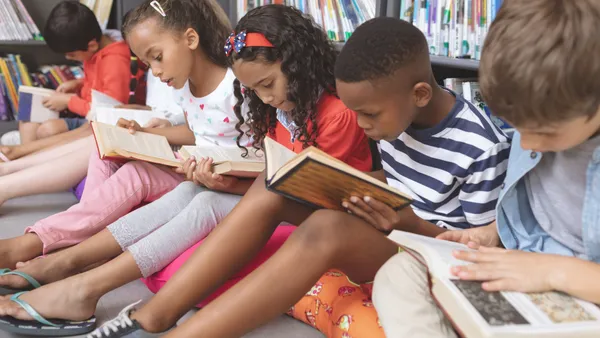Dive Brief:
- A new eight-week summer course offered online through the University of Kentucky's College of Agriculture, Food and Environment teaches basic life skills such as personal finance, cooking and roommate etiquette.
- "Adulting" classes such as the one offered by U of Kentucky that teach life skills are also increasingly being taught at the high school level, in libraries and in virtual schools.
- These classes are designed to help students move forward from living at home to being on their own, additionally preparing them to manage work and personal relationships, apply for home loans or iron clothing for job interviews.
Dive Insight:
Just over 3.1 million high school students are projected to graduate in 2020, according to the National Center for Education Statistics. Yet many likely don’t know how to change a tire on their car, pay taxes or apply for a credit card as they take their place in the adult world. Financial literacy skills, in particular, are seen as so crucial and are they’re being taught across all grades — from introducing students to the basics of a debit card to understanding the term hourly wage.
These "adulting" skills were traditionally taught in K-12 home economics classes, which have dwindled in recent years, and are sometimes taught at the college level, but not everyone pursues higher education. Champlain College in Burlington, Vermont, emphasized the need specifically for high school financial literacy classes in its report, “The Case for High School Financial Literacy.” The report cites NCES statistics that about 31% of high school students go directly into the workforce potentially without understanding basic financial life skills.
That’s not to say some aren’t trying to fill the gap and going far beyond teaching financial literacy tools. How about knowing how to negotiate a new lease for an apartment? Or manage the daily stress of meeting work deadlines? The Florida Bar, for example, has a 40-page pamphlet online, “Just Adulting,” a cheat sheet of basic legal facts it believes all young adults should know in their state, from employment rights to the legality of medical marijuana.
Students may have a different path forward as they move into adulthood because of COVID-19. But knowing how to be self-sufficient and steer their way ahead is something that will help them take those next steps, whatever direction they may go.












